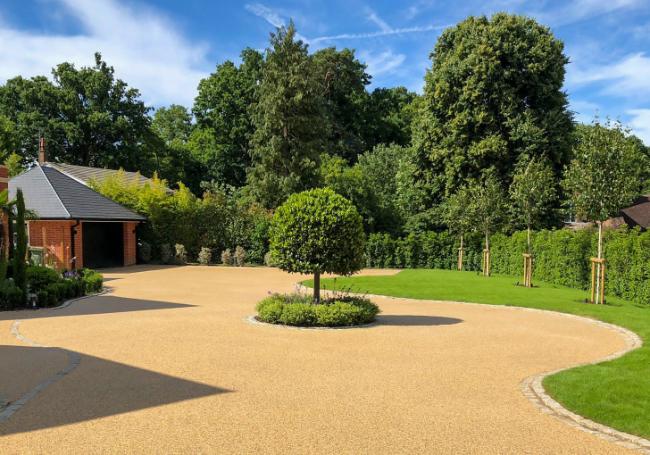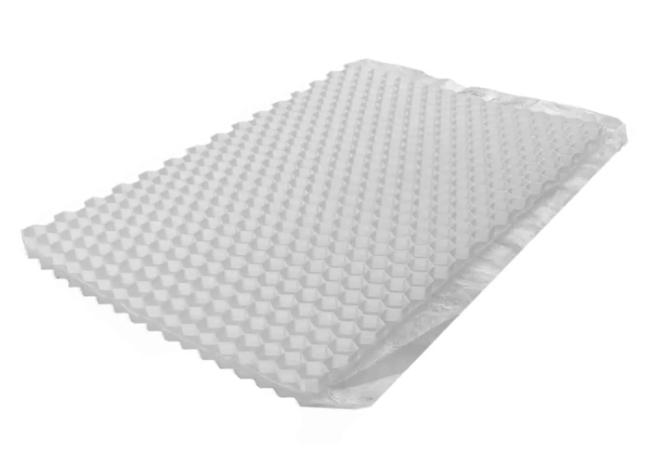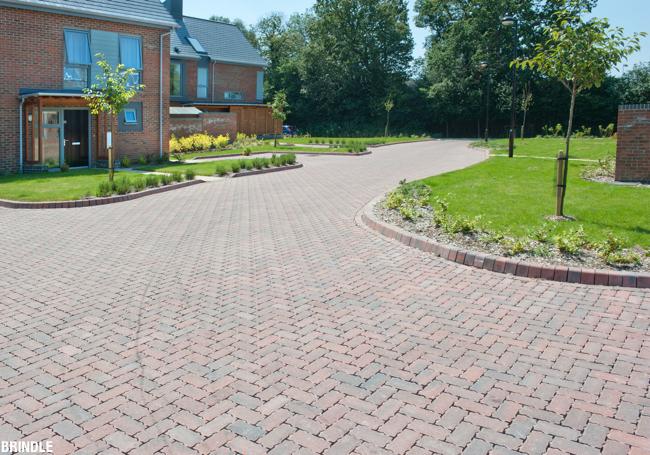The Best Materials for SuDs Compliant Permeable Driveways
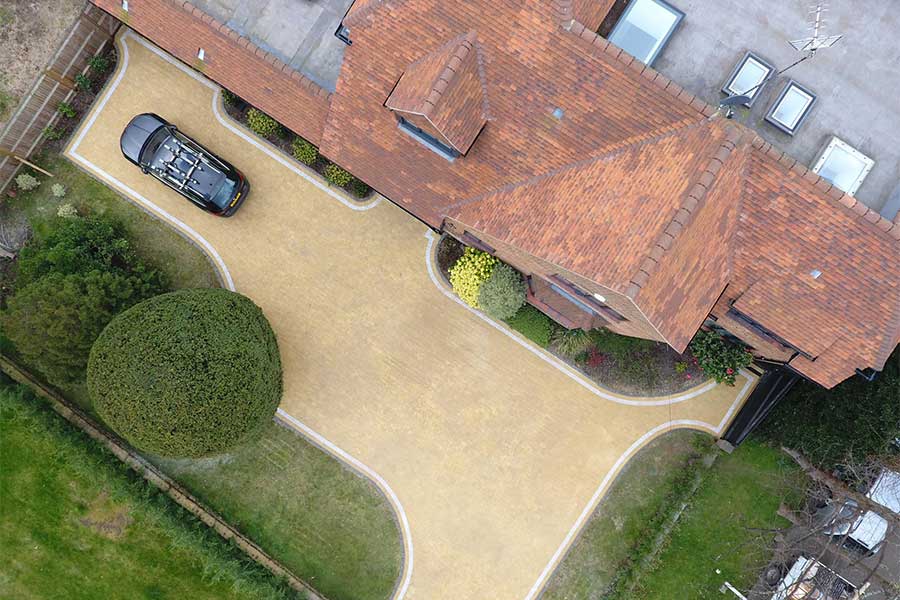
Did you know that five out of ten of the UK’s wettest years on record have occurred since the year 2000? And according to the Met Office, winter rainfall is only set to increase due to climate change! As such, an increasing number of homes are at risk of flooding, so managing surface water runoff is crucial – especially in residential areas.
With that in mind, if you’re laying a new driveway, it must now meet SUDs regulations for drainage. Find out exactly what this means and the importance of permeable driveways below. We’ll also introduce some of the best materials you can use to ensure your drive is compliant.
What are SuDs regulations?
Sustainable Urban Drainage Systems (SUDs) are designed to reduce the risk of flooding by allowing rainwater to naturally drain away into the ground. With impermeable surfaces like concrete and tarmac, heavy rainfall may rush into public drains and overwhelm them. The result: localised flooding, blockages caused by fast-moving debris, polluted waterways etc.
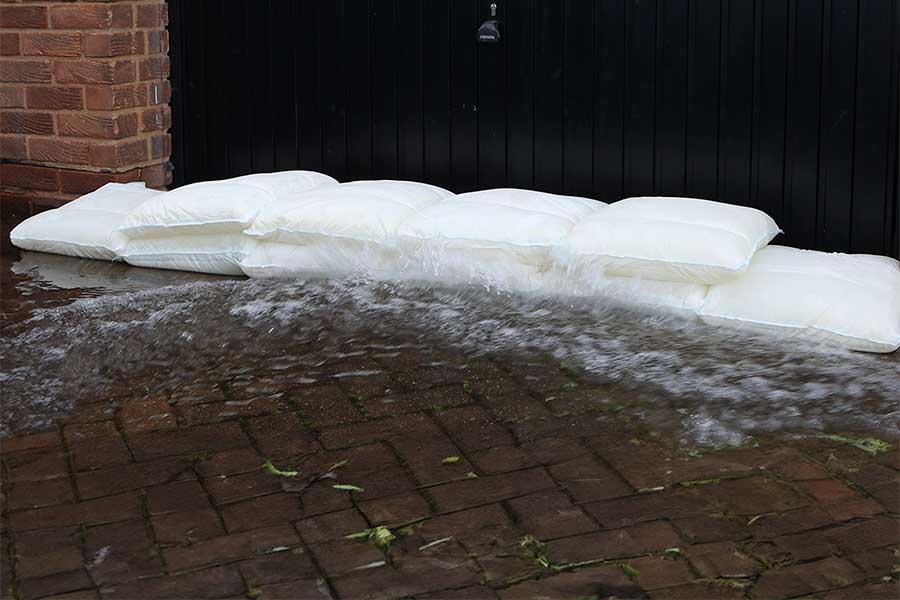
To prevent this, SuDs compliant driveways use permeable materials that allow water to drain through them. This keeps surface water run-off within the boundary of your property (part of the regulations), while reducing pooling and pollution. But do all projects have to comply?
Well, if you’re building a new driveway over 5 metres squared, then yes! Otherwise, you’ll need planning permission to build one with non-porous surface materials. Plus an alternative solution for excess rainwater, such as a soakaway or drainage channel, to gain approval.
Meanwhile, permeable driveways made using gravel, porous asphalt or similar can generally be any size you like! And you shouldn’t need planning permission unless you’re changing the access point, or live in a conservation area. Similarly, if you’re replacing an existing drive, you won’t need planning permission, but you will still need to make sure it drains effectively.
The only exception to SuDs regulations is new paved areas or driveways that are under 5m².
The best materials for creating permeable driveways
If you’re in the market for materials to build a SUDs compliant paved surface, look no further. Whatever your preferred finish, budget and level of upkeep, browse four of the most popular permeable driveway options below.
Permeable block paving
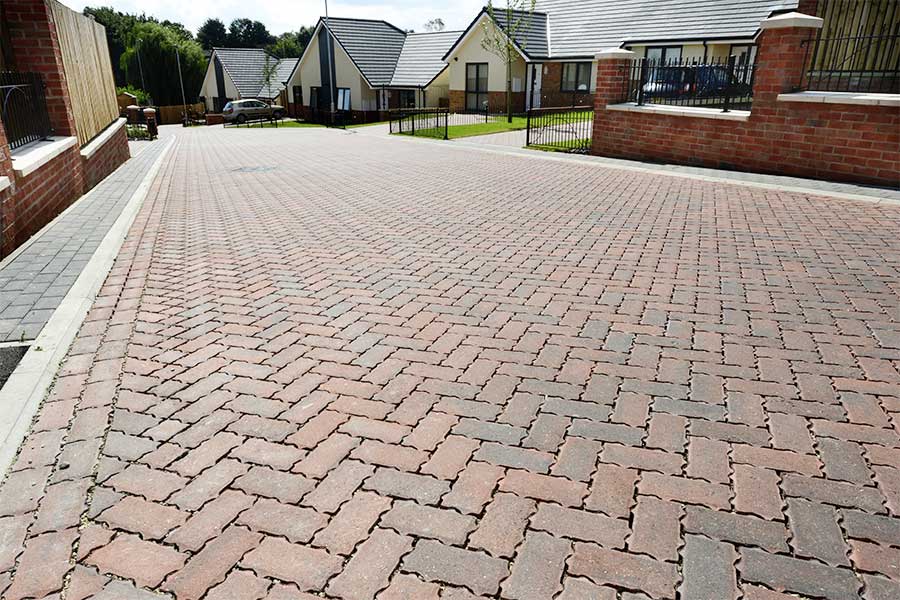
Block paved driveways have long been a homeowner favourite. They are highly durable and easy to repair as you can replace individual blocks as needed. What’s more, they are fully customisable in terms of pattern and colour. That way, you can personalise the design to suit your taste, while adding kerb appeal to your property – well worth the investment! Better yet, you can now get permeable versions designed to let water pass through or around the blocks.
At AWBS, we stock Brett Omega Flow – a classic block paver reimagined with unique nibbed edges. When used with permeable jointing aggregate, surface water can quickly and easily drain through the wider gaps into the substrate below. Choose from five colours, including warm red brindle and cool charcoal tones, supplied in handy paving packs to cover 8.08m².
Porous asphalt driveways
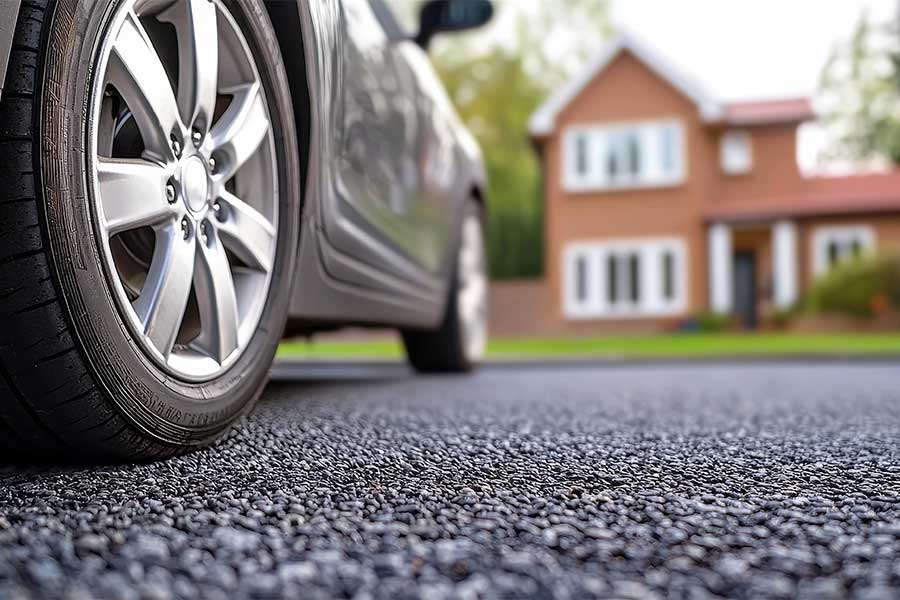
Cost-effective and quick to lay, hardwearing asphalt is ideal for larger driveways and anyone seeking a low-maintenance surface material. The smooth yet skid-resistant top layer is perfect for parking vehicles, and for wheelchairs and pushchairs. However, traditional asphalt is not permeable and design options are often limited as asphalt is more practical than decorative.
With that said, Tarmac have introduced a new range of porous asphalt driveway materials to combat drainage issues. And there are various pigment options to choose from! Ultiporous and Ulticolour by Tarmac feature an open aggregate structure that allows rainwater to pass through the surface. This is paired with a permeable binder course and specially graded granular reservoir which filter and control the flow as it drains. Learn more on their website.
Gravel driveways

Loose gravel is a simple and affordable option for creating permeable driveways. In fact, it’s the most popular option on the market! Gravel is easy to install, with minimal sub-base preparation versus other materials – all you need is a compacted layer of hardcore. And the unbound nature of the aggregate allows rainwater to easily filter into the ground beneath.
To create a SuDs compliant driveway, we’d recommend using hollow gravel grids such as Core LP’s Stabilising Grids to stop the gravel shifting. They also create a hardstanding surface for vehicles to drive over without leaving ruts, without impacting your drive’s drainage.
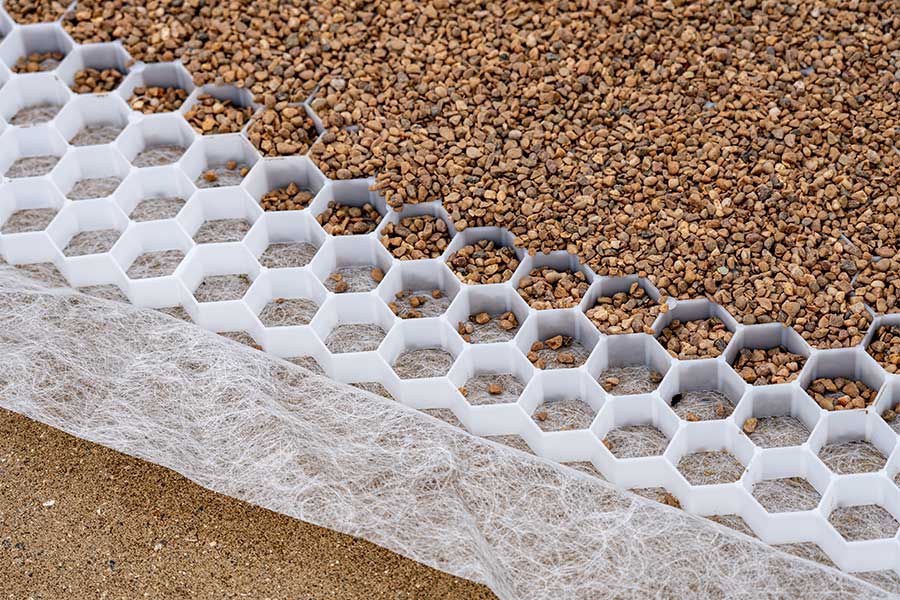
Discover a host of driveway gravels, including durable granite and flint stones, in branch or online. From buffs and golds to rustic reds and sleek grey and black hues, we have gravel for everyone. All available in 20mm chippings that won’t wear down or get stuck in your tyres.
Never laid gravel before? Read our step-by-step guide on how to build a gravel driveway here.
Resin bound driveways
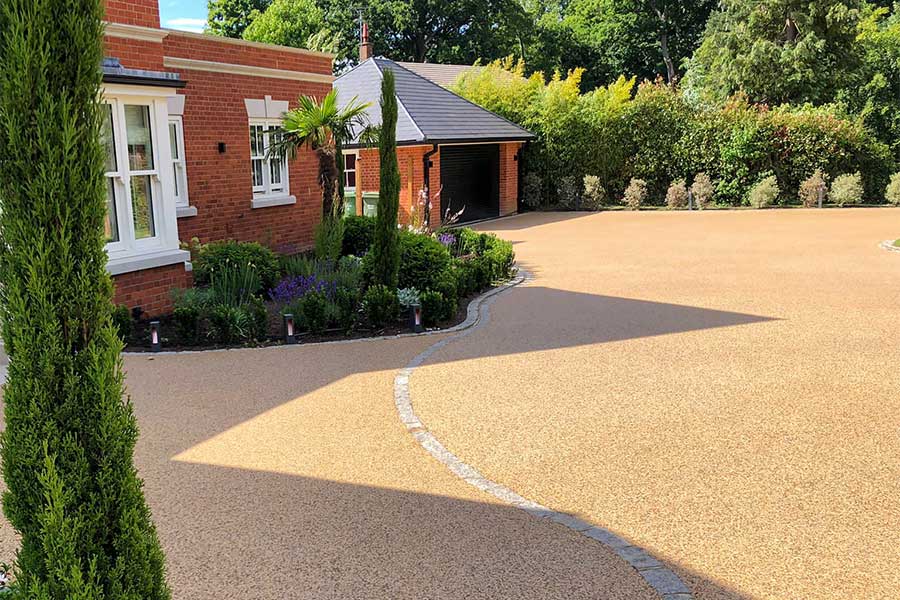
Not convinced by loose gravel? Why not upgrade to a permeable resin driveway instead? By combining small stones and resin, you can achieve a polished, weed-free finish that is stable and crucially, permeable. Resin bound driveways feature gravel coated in resin which sticks together as it dries, whilst leaving small holes for water to drain through. (NB: This is different to resin bonded driveways where the resin is laid first – they are not permeable).
This way, you can benefit from the rustic finish that chippings offer, without a loose stone in sight. Great if you don’t want the upkeep associated with gravel or you require wheelchair-friendly access, for example. Plus, you won’t have to worry about any lingering puddles either!
At AWBS, we have partnered with Addagrip to offer you two SUDs compliant resin bound driveway options. The first, Terrabase Rustic, mimics the appearance of classic gravel and best complements character properties. The second, Stonebound, is the more contemporary of two. You can expect a smooth finish thanks to its finer aggregates, yet good slip resistance.
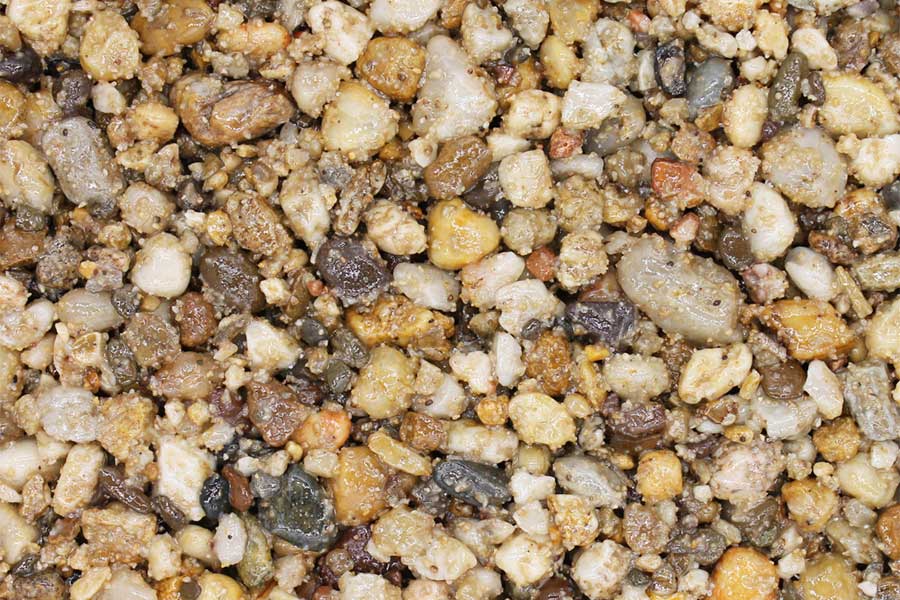
We can even show you what it looks like it situ, as Stonebound features in our sister company Oxford Garden Centre’s Feature Garden. Located just across the road from our Oxford branch, why not stop by for a visit? Alternatively, you can learn more about Addagrip here.
What to do if your driveway can’t be SUDs compliant
Sometimes, a fully permeable driveway may not be practical due to budget, property layout or other factors. In these cases, you can still take steps to manage runoff responsibly. For example, by incorporating drainage channels within your paved surface design. Or by adding a rainwater soakaway beneath the ground that captures excess water then slowly releases it.
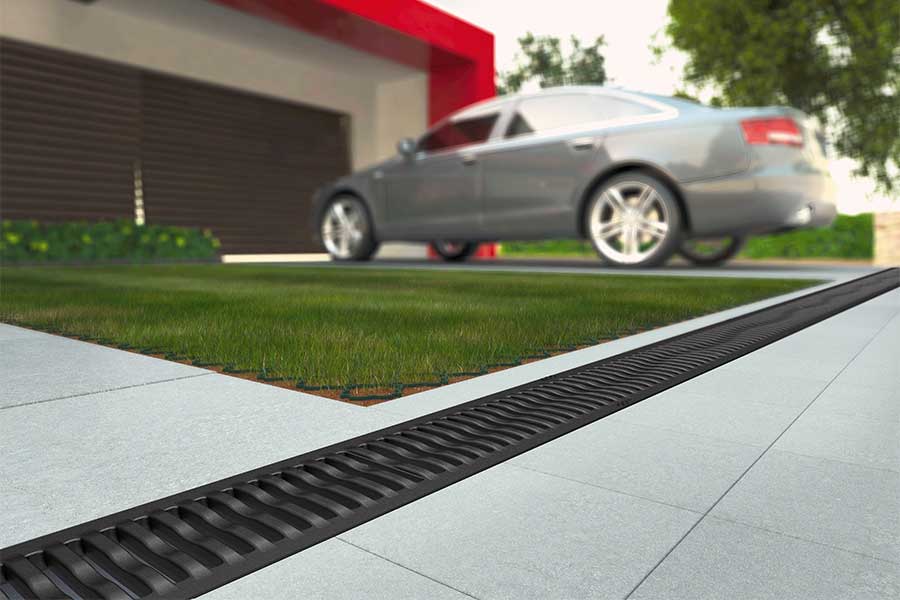
Alternatively, you could create a gradient of at least 80:1 on your drive to direct water to a permeable soakaway such as a flower bed or garden border. However, we’d suggest speaking to a professional landscaper and your local planning authority to make sure your proposed drainage solution meets the required standard. Otherwise, you’ll need planning permission.
Need help choosing the right material for your SUDs compliant driveway? Pop into our stores in Oxford, Swindon or Yarnton to explore range of driveway surface options and get tailored advice from our team. Or contact us with your query and we’ll get back to you as soon as possible.




